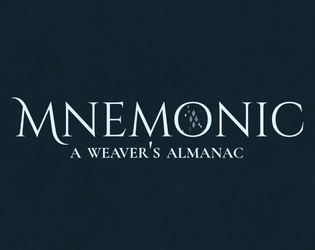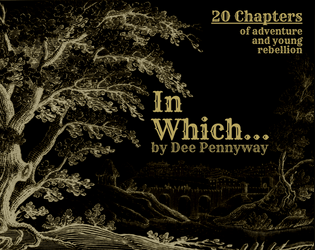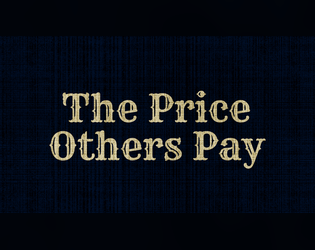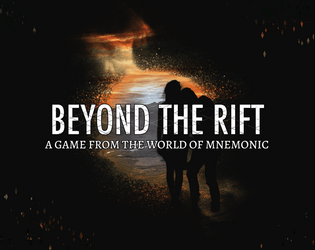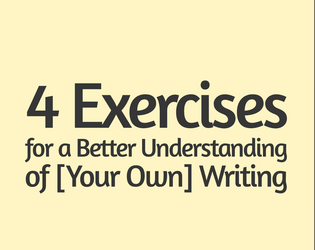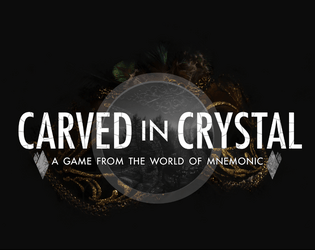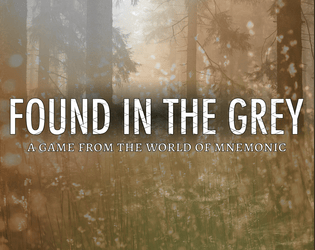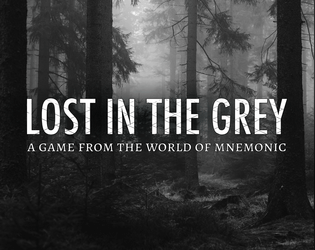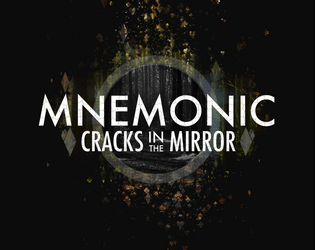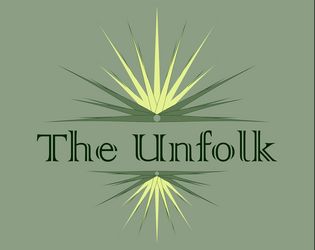I just checked the PDF to make sure, and you didn't misunderstand: the rules as presented don't account for the possibility of finding a locked door with no keys available. I'll elaborate on my above recommendation for a quick fix:
- If you reach a point where the only available path is a locked door, the door opens, immediately leading to a secret and a new path.
You can think of it like the Grey parting before you, or maybe you find a key along the way that's shaped differently from the others. Either way, if a locked door makes it so your game can't continue, you have my permission to open it anyway.


